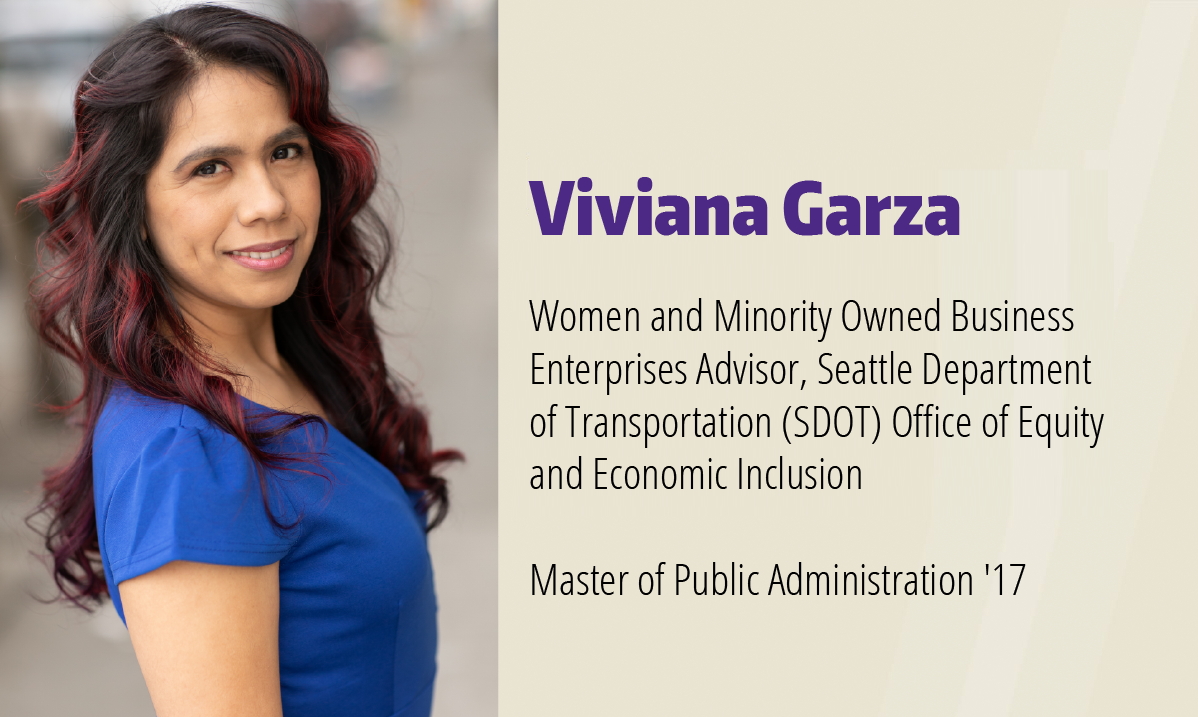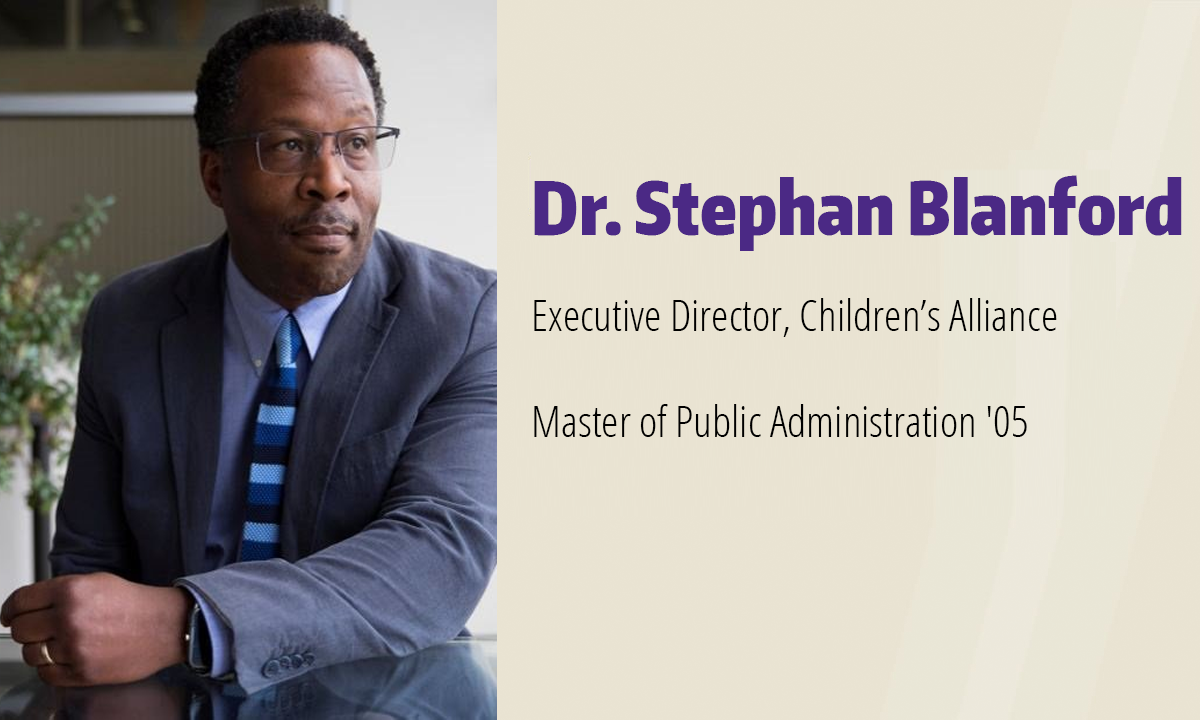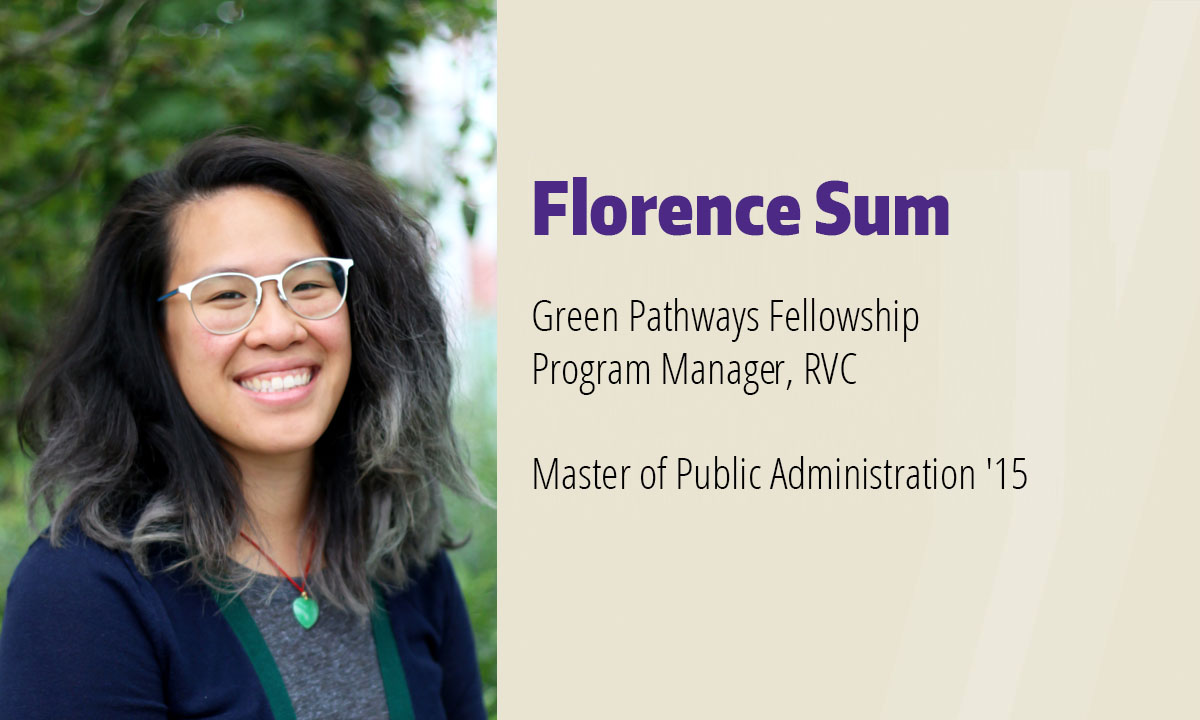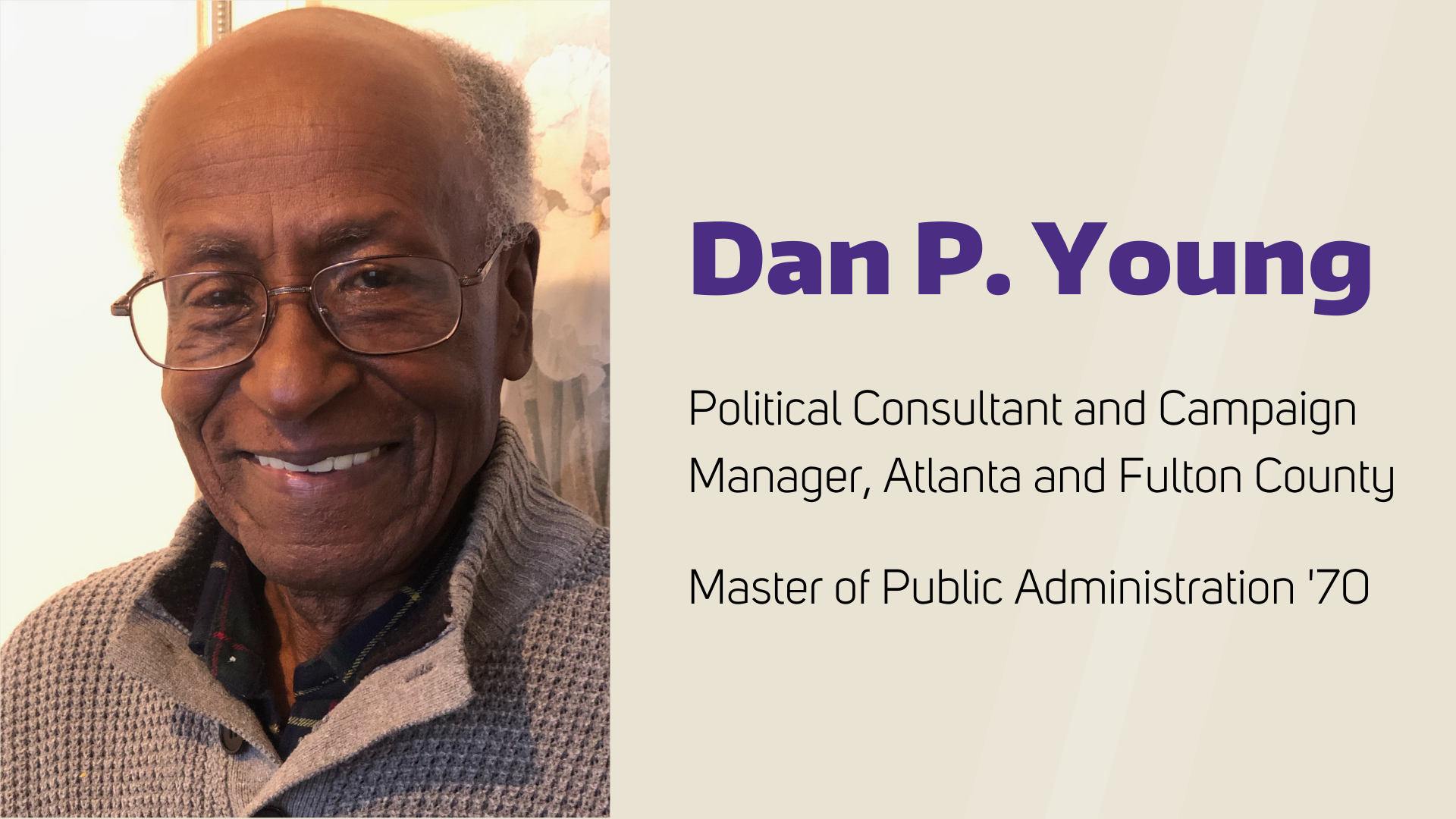
What would you consider one of your greatest professional successes?
My greatest professional success was that of having a significant role in the funding, design and implementation of a new Master of Public Administration program at Atlanta University, Atlanta Georgia. Prior to joining the faculty at Atlanta University, I held the positions of Assistant Professor in political science at Benedict College (Columbia, SC) and Xavier University in New Orleans, LA. Each of these institutions are identified as “Historically Black Colleges & Universities” (HBCUs). This description applies to private and public black colleges and universities.
I attended a professional conference of Black political scientists while on the faculty at Xavier University. One of the attendees was chair of the Department of Political Science at Atlanta University. As we held various group meetings discussing a range of issues, the chair from Atlanta University asked me about by academic background and the name of institutions attended. When I told him that I earned the Master of Public Administration from the University of Washington, the chair stated that the Board of Trustees of Atlanta University had approved a Department of Public Administration and had received a letter from the Federal Department of Health, Education and Welfare which stated that funds were available to fund the program, if a detailed program proposal was submitted. We continued our discussion and the next day, the chair asked if I would be interested in joining the faculty as an Assistant Professor to develop the proposed program. I told him I would discuss with my wife the offer and if she would support our move to Atlanta, GA. I told the chair the next day that I would accept the position.
I later traveled to Atlanta to make a presentation to the political science faculty and students in the existing political science program. I joined Atlanta University in 1973 for the Fall semester. I wrote the grant application and if I remember correctly, it was approved in the amount of $275,000.00.
Additional faculty were hired to teach courses described in the grant for funding. Therefore, students who entered Atlanta University to study for the MPA were taught by me and other faculty and received their MPA degrees from Atlanta University under the auspices of the Department of Political Science.
I developed contacts with a number of elected officials in city and county governments in relation to paid internships for our students at the end of their first year of study. Local government officials were excited about the opportunity to make a contribution to the program. While students did not receive academic credit for their summer internships, the experiences of working in a local government agency provided unique opportunities to participate in basic operations of these governmental units. When these students returned to Atlanta University to complete their final academic year in the program, I developed several seminars which provided an opportunity for each student to discuss their experiences.
In 1975, a chair was hired to head the new Department of Public Administration. I remained as an Associate Professor for the following two academic years. The Department of Public Administration was approved for NASSPAA Accreditation and has retained this very important accreditation to today for a period of 45 years.
What is the biggest challenge you’ve had in your career and how did you address it?
My professional career in public administration totaled 50 years in a number of settings which included teaching at the undergraduate and graduate level in colleges/universities, certified teacher in the Atlanta Public Schools, and Project Director for a research study conducted by Clark Atlanta University School of Social Work. The Clark Atlanta University School of Social Work was selected to conduct a research study which focused on Grandparents as Primary Caregivers of Grandchildren. The contract for this research study was approved by the Department of Human Resources State of Georgia.
One of the primary objectives for my professional involvement in a number of public agencies and programs, was to examine a number of strategies/pathways which would lead to integration of selected theories of public administration into administrative settings of programs. The ultimate objective was to increase their efficiency and accountability.
I decided that it would be important to become directly involved as a paid professional or possibly volunteer in selected agencies. I was also aware that some agency staff could resist and resent involvement of someone from an academic setting. The Dean of the Clark Atlanta University School of Social Work hired me as director of the research project described above. We were involved with a number of agencies in the community as part of the research project. Agency personnel were very receptive to work with staff from an academic institution. We discussed various concepts related to public administration and public policies which could benefit and improve operation of their respective programs. The research study was completed on schedule and filed with the Department of Human Resources, Division of Family and Children Services, Atlanta Georgia.
What are the most critical problems faced by people who work in your field? How do you think these problems should be handled? OR-what is an issue in public administration and how do you think this problem should be handled?
Based on my professional experience in the profession over a relatively extensive period of time, I believe that some professionals feel “isolated.” This isolation may be the result of a lack of connecting public administration and public policy decisions with some of the critical issues which administrators face. For example, public administration practice does not happen in a “vacuum.” There are complex political environments in organizations which have direct and indirect influence on the decision-making process. Persons who are in elected positions such as council members, state legislators, and county commissioners have bases of constituents who expect administrative staff to implement some of the basic policies which the now elected official campaigned on.
I reside in Atlanta, Georgia which is in Fulton County. This is a very political region in terms of why voters select certain candidates over others to represent them. Many articles and essays have been written related to the non-political aspect of managing public sector affairs. The vast majority of professionally trained persons who come from academic backgrounds in public administration and public policy, have not developed successful strategies to function in most of these settings.
I believe the origin of the problem is not in the behavior of professionally trained administrators, the problem is generally related to academic courses and professors who may dismiss any discussion of the interaction and relation between politics and the day-to-day management of a public agency as a topic which does not meet academic “standards.” I believe it is very important for graduate schools of public administration and public policy to take time and review this issue. I believe graduate students would welcome such a discussion which could be developed as part of their selected courses as they move on to become professional public administrators.
What is your favorite podcast these days? What is a great book you have read recently? Or the “GOAT” (greatest of all time) book you’ve read?
I have read dozens of books during my professional career. However, I decided a number of years ago to include in my readings books which provided clear and factual explanations related to changes in American society after the Civil War. I was particularly interested in the types political, social, and economic responses which were designed to address a wide range of policies and programs related to African Americans that were recently freed as a direct outcome of the Civil War.
A number of public systems were developed to address these needs such as the Freedmen’s Bureau, school systems and training, etc. I have selected three books related to this topic:
- W.E.B. Dubois (1934). Black Reconstruction in America- 1860–1880.
- George R. Bentley (1955). A History of the Freedmen’s Bureau
- A final publication Jacqueline Jones (1992). The Dispossessed /America’s Underclass From the Civil War to the Present.
UW and the Evans School are committed to Diversity, Equity, and Inclusion. How are you addressing Diversity, Equity, and Inclusion in your work and personal life? Or-why is DEI work so important for our society?
The American society is obviously a very complex social system. The key to DEI in such a system is to permanently remove barriers which prevents each American from full and fair participation in this society. During the past 50 years significant changes have been made to make sure that DEI works. I was very active in local civil rights activities in Seattle during the 1960s.
I was an active participant in the Congress of Racial Equality which focused on issues such as fair housing, employment opportunities, a fair judicial system, etc. There were a number of faculty and staff from the University of Washington who were very active in the organization. The collective actions of dozens of persons from a variety of racial and ethnic groups successfully worked and lobbied for a large number of changes such as employment, home rental and purchases, etc.
The University of Washington press published a book titled “Seattle in Black and White.” I am mentioned on page 95 of the book as the coordinator of the Negro Labor Council. One of the key objectives of the Negro Labor Council focused on improving opportunities for Blacks and other racial groups to obtain construction contracts. The book was published in 2011.
If you could give Evans School students one piece of advice, what would it be?
My advice to students enrolled in the Evans School is a recommendation to review their professional interests at this point in their program of studies and to identify several professional areas which they are interested in. Based on their selections, I am recommending that each student use the web and review the legislative structure of Washington State Government in relation to State Senators and Representatives. The website will provide details related to each committee and the function of that committee, etc. Once a student identifies a committee or committees which has legislative jurisdiction over one or more policy areas which they are currently studying, review the agendas and send an e-mail to the chair asking to be included in their e-mail system. This will provide opportunities for a student to follow the development of legislation and he or she will also see the role which politics has in the formulation of public policies at the state level.
I would encourage students to repeat this process with the King County Board of Commissioners. These experiences will enhance the academic courses and also show in real time how a wide range of public policies are formulated and eventually become law.
We’d love to learn more about you and your tremendous contributions to the public good, so we can share your story as we connect, learn, and reflect. Share your story!
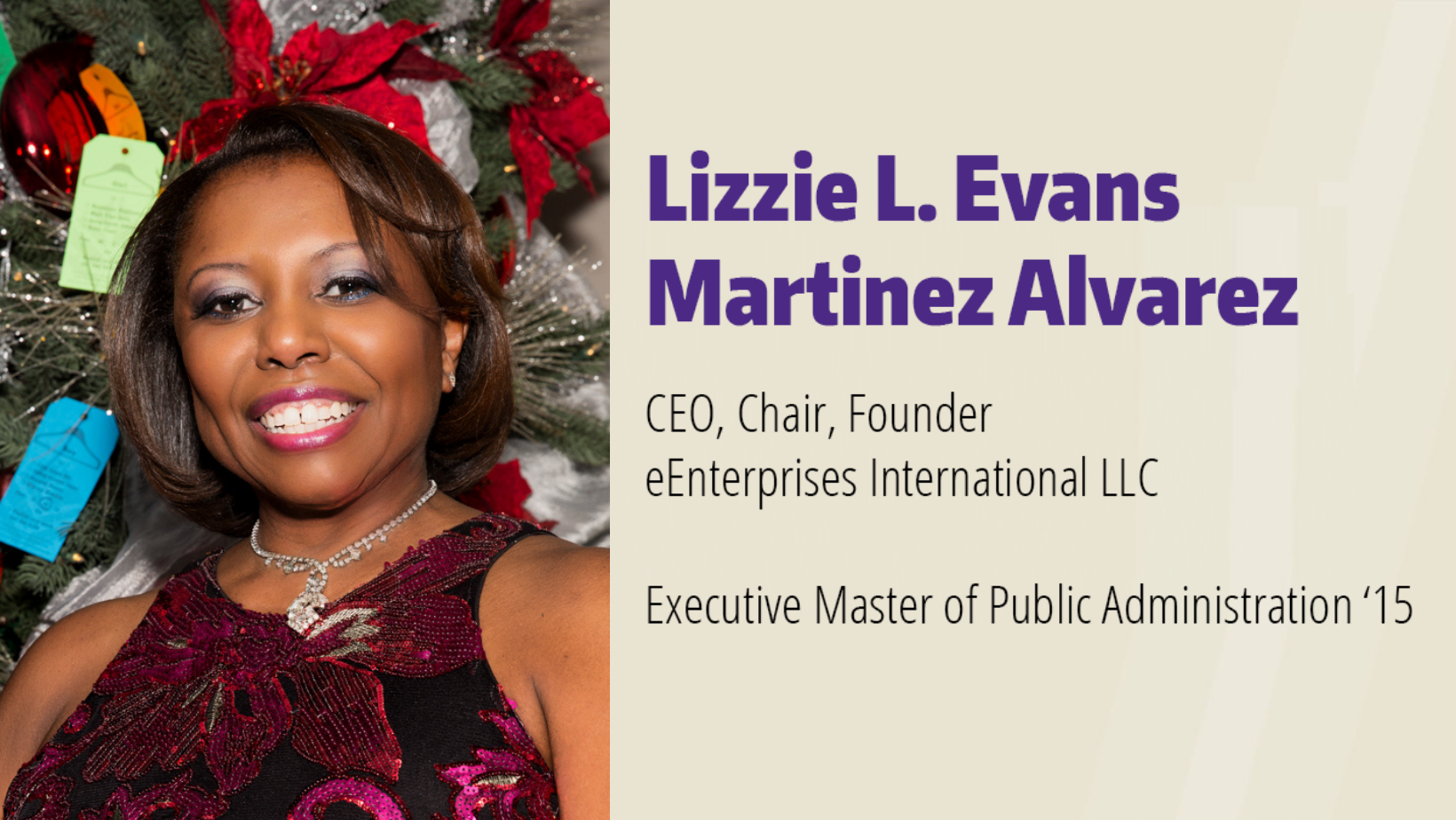
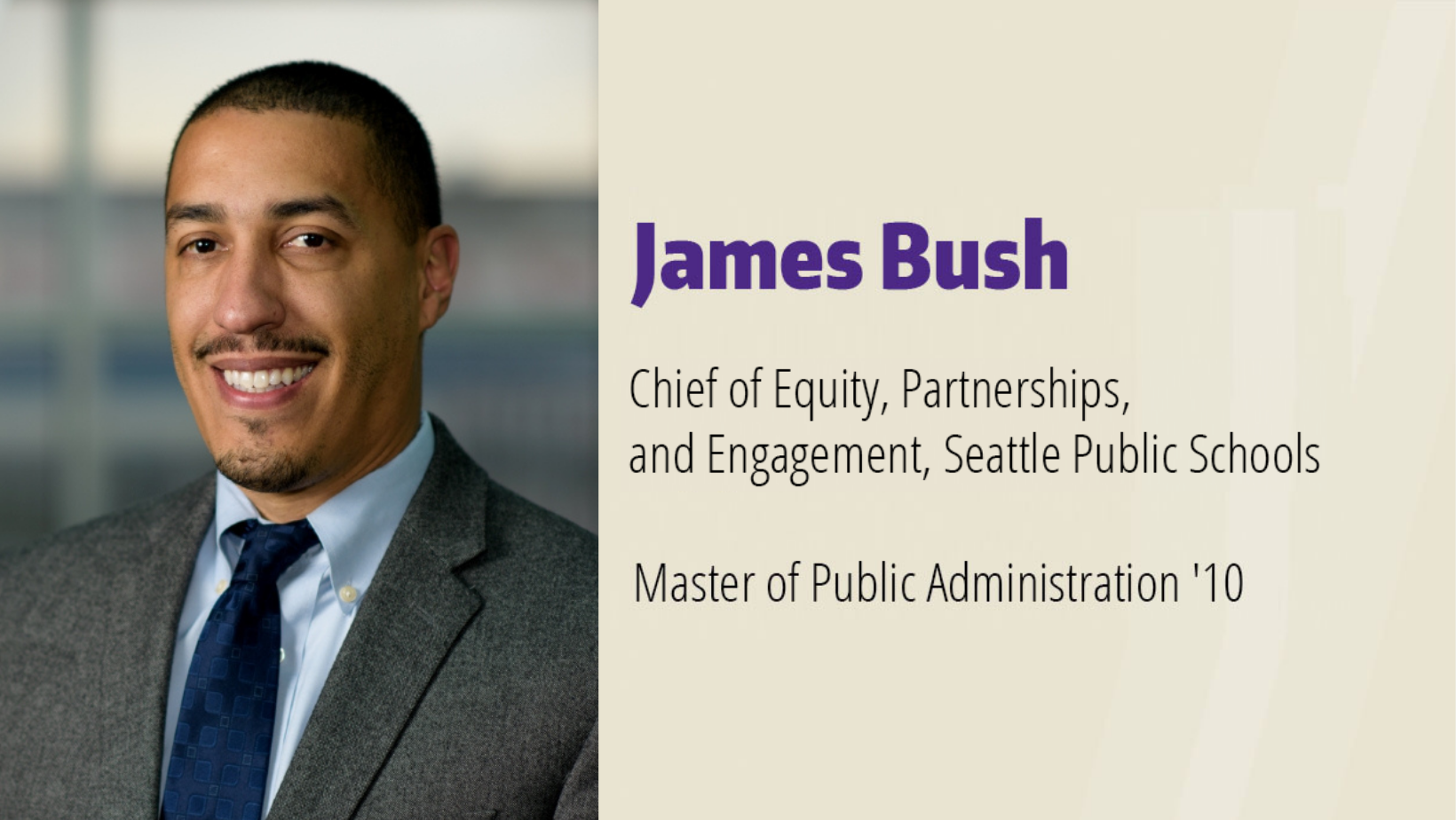
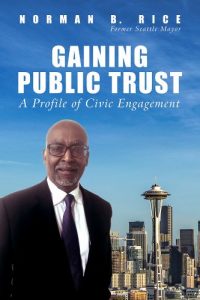 We need both civic and civil engagement. The skeptics among us might look around and say there is no chance for civic engagement that is civil these days because our politics have become so divisive. But I don’t believe that. I believe democracy survives only when we have meaningful engagement of the populace. It takes more than just voting or reading polling data. It is imperative to examine what it means to participate civilly in the political process and go back to the days when we actually solved problems by listening to each other and arriving at solutions together. It isn’t even so much a matter of bringing bipartisanship into the mix; it has more to do with people recognizing we all approach problems differently. Reaching agreement on the problem is just one step. We have to then find a way forward, despite our differences, to get to the solutions that work best.
We need both civic and civil engagement. The skeptics among us might look around and say there is no chance for civic engagement that is civil these days because our politics have become so divisive. But I don’t believe that. I believe democracy survives only when we have meaningful engagement of the populace. It takes more than just voting or reading polling data. It is imperative to examine what it means to participate civilly in the political process and go back to the days when we actually solved problems by listening to each other and arriving at solutions together. It isn’t even so much a matter of bringing bipartisanship into the mix; it has more to do with people recognizing we all approach problems differently. Reaching agreement on the problem is just one step. We have to then find a way forward, despite our differences, to get to the solutions that work best.